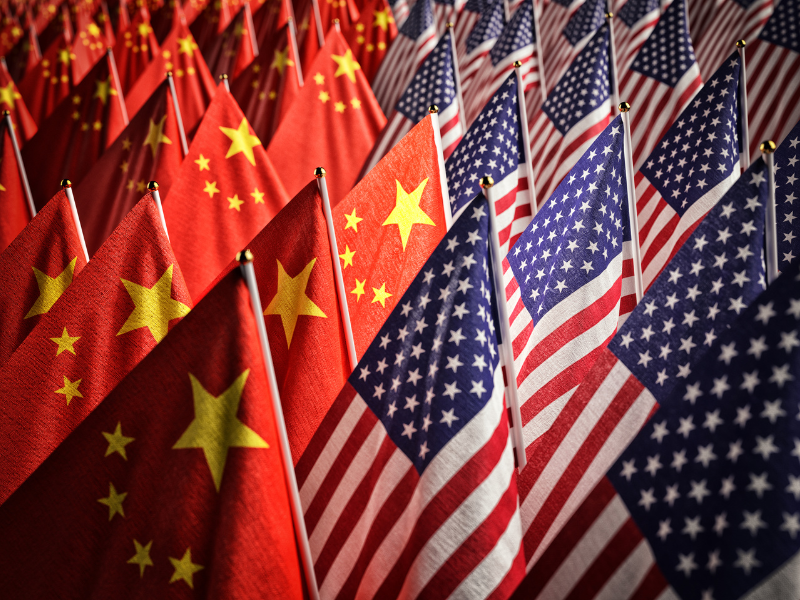On September 22, the liberals at Daily Kos finally noticed a series of ads saying “Global warming is not a crisis” and challenging Al Gore to debate his critics. The ads had already been running for six months in The New York Times, Wall Street Journal, and Washington Times.
The Daily Kos posting–a long essay by “A. Siegel”–is standard fare for the global warming alarmist crowd, less-than-half informed and mostly rocks and dirt thrown at anyone who questions their green religion. The essay attacks Václav Klaus, president of the Czech Republic, who is featured in the latest ads, and The Heartland Institute. It ends with this sober warming: “[T]his ad is a fundamental threat to the future, to all of us, to all of US.”
Let’s set a few things straight. First, the previous ads in this series politely challenged Al Gore to debate his challengers, including Dennis Avery, Lord Christopher Monckton, and Chris Horner. We are hardly alone in wondering why Gore refuses to debate his critics; an online petition asking Gore to debate Lord Monckton, at http://www.petitiononline.com/agdgw/petition.html, has 4,973 signatures.
President Klaus’s staff thought it was inappropriate for a head of state to challenge a former U.S. Senator to debate, and we agreed, so the recent ads featuring Klaus simply contrast his views on global warming with Gores and mention Klaus’s September 24 speech to the United Nations. That speech is available at www.globalwarmingheartland.org.
Second, outside the hothouses of liberal blogdom, it is entirely legitimate to point out that “the debate isn’t over” and “global warming is not a crisis.”
There have been only two recent surveys of scientists on the issue of global warming, one an international survey of 530 climate scientists conducted in 2003 by German scientists Dennis Bray and Hans von Storch, and the second a 2006 survey of U.S. members of the National Registry of Environmental Professionals.
The surveys come to similar conclusions. Most scientists (more than 80 percent) believe some global warming has occurred. The best estimate is that global temperatures have risen about 1 degree Fahrenheit during the past 100 years. A majority of scientists, but certainly not all, believe the human presence is responsible for some part of the warming that occurred after 1940. Most scientists, however, don’t agree on how much of the modern warming is the result of natural cycles and how much is due to human activities.
The scientific community is split down the middle on whether future warming would be moderate and benign, or severe and harmful. Most scientists don’t believe we can predict what future climates will look like. They are deeply skeptical of the reliability of computer models, the basis for all claims that future warming will be any different from the moderate warming of the past century. And there is no agreement at all on what, if anything, we should do about global warming.
In August, DailyTech.com reported that new research by Klaus-Martin Schulte, accepted for publication by the journal Energy and Environment, finds no consensus on global warming in academic journal articles appearing between 2004 and early 2007. Nearly as many articles explicitly refute the theory of man-made global warming as endorse it, while most articles are simply silent on the issue.
Finally, let’s address the funding issue. Daily Kos reports Heartland received “more than $300,000” from an oil company between 2002 and 2005. Since Heartland raised $7.85 million during those four years, the oil company’s contributions amounted to less than 4 percent of the total, too little to control what Heartland says on so controversial a topic, and far less than what Heartland spends speaking out on climate change.
No money from energy companies has been, or will be, used to fund the ad campaign. Heartland’s 1,500 donors are overwhelmingly energy consumers, not producers. If funding sources produce bias, then Heartland should have a strong bias against oil companies.
Heartland has been opposing global warming alarmism since 1993, but its first gift from an oil company didn’t arrive until 2001. Our donors give to us because they support our mission–to discover, develop, and promote free-market solutions to social and economic problems–not because they want us to change our message.
The truth is that The Heartland Institute speaks out against global warming alarmism even though doing so costs us contributions from firms and foundations that embrace the alarmist perspective. It’s expensive speaking the truth at a time of nearly hysterical propagation of myths and half-truths. We do it because we understand the science and economics of the issue better than our liberal critics, and because we care about the world our children and grandchildren will live in.
We will continue to run ads in the nation’s leading newspapers reminding people that “global warming is not a crisis” and challenging Al Gore to debate his critics. We invite people who agree with us–regardless of their political ideologies–to join us in this public-spirited effort to promote informed debate about an important public policy.
Joseph Bast ([email protected]) is president of The Heartland Institute.




